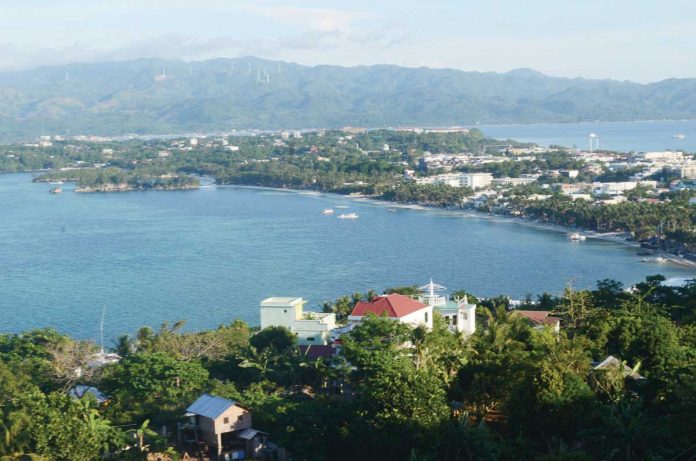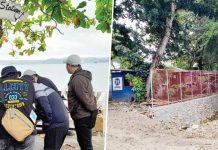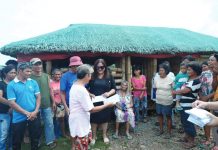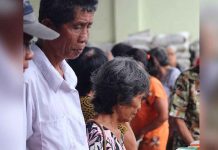
BORACAY – The Ati community here has issued a strong rejection of a proposed bridge connecting this world-famous resort island to mainland Malay, Aklan, warning that the planned infrastructure will not only displace traditional livelihoods but also erode their cultural identity and ancestral connection to the island.
In a viral Facebook post, the indigenous group declared: “We, the Ati of Boracay, will never allow the construction of the Boracay Bridge.”
The post sparked widespread public support and reignited debates on the potential social cost of the project.
“This island has been our home since the time of our ancestors. It is not just a tourist destination, it is sacred, vital, and the very source of our life,” the Ati community stated. “Every journey our boatmen take is not just for livelihood, it is a bridge to their dreams.”
The group stressed that the bridge, often hailed by proponents as a driver of economic growth and ease of access, would effectively displace boatmen and fisherfolk — the island’s long-standing transport and cultural frontliners.
“If this is taken from them, it’s not just their livelihoods that will disappear, but also their lives and dreams,” they said. “This is not just about the economy. This is about identity, dignity, and the right to exist in our own home.”
While the government and supporters frame the bridge as a step forward for development, the Ati questioned the narrative of progress that ignores those who stand to lose the most.
“Can it truly be called progress if people like us are left behind? If our voices are silenced? If the lives of indigenous and poor communities are not valued?” they asked.
The Ati called for inclusive development rooted in genuine consultation with all affected sectors, especially indigenous communities. They underscored the need to protect ancestral lands and traditional livelihoods that have defined Boracay long before its rise as an international tourism hub.
“We hope it’s not too late,” they wrote. “We ask that the island, the land, the boatmen, and the indigenous people who have cared for this place be given the respect they deserve.”
Closing their message with a powerful appeal, the community asserted: “The true bridge to development is not made of concrete, but built on recognition of human dignity, culture, and rights.”/PN





